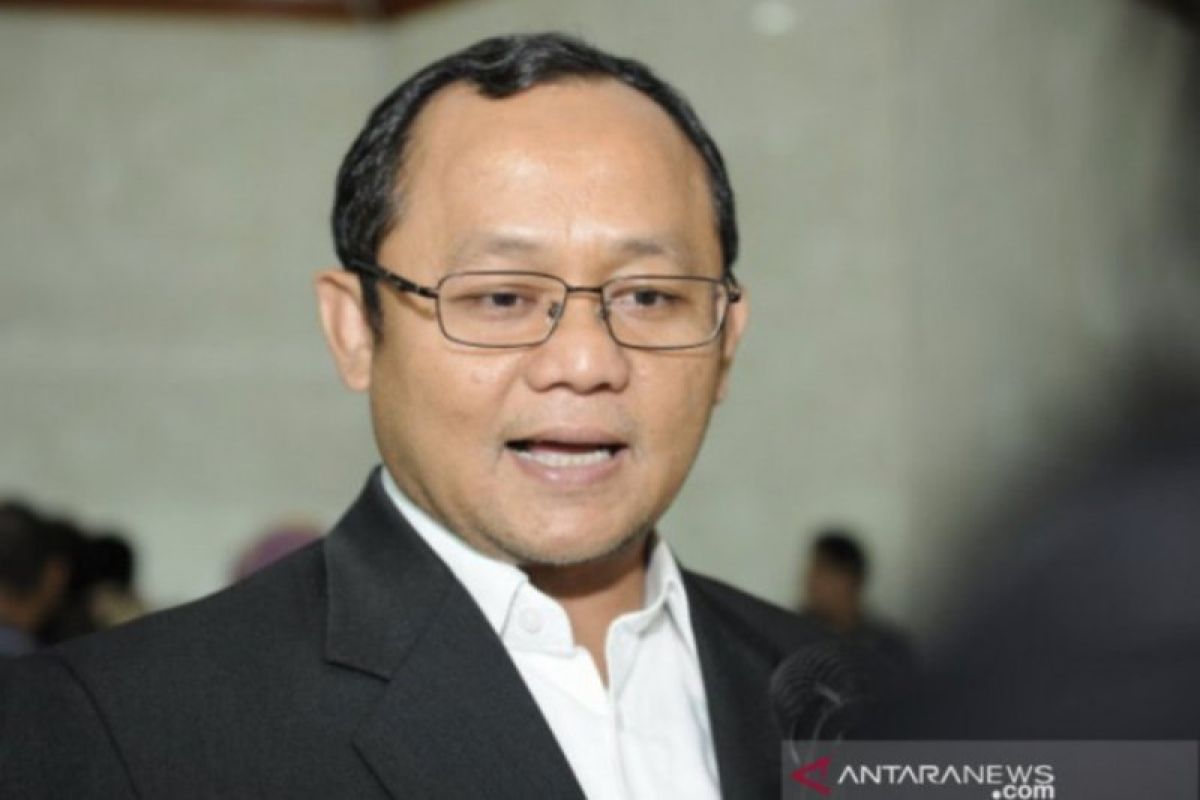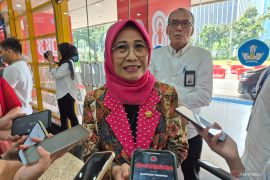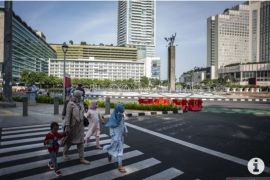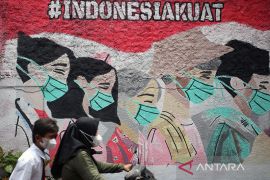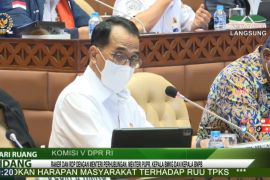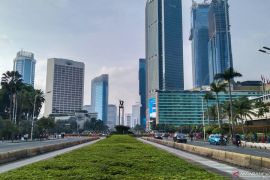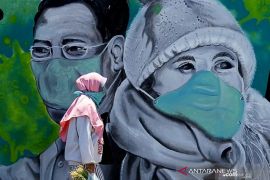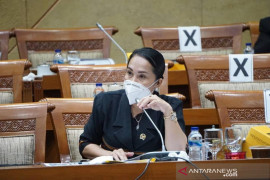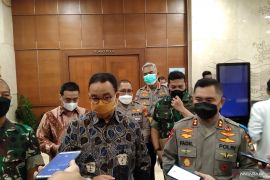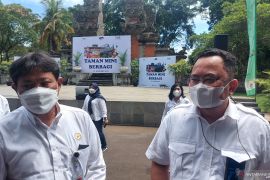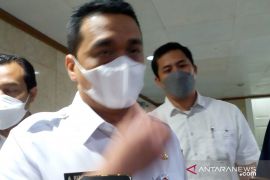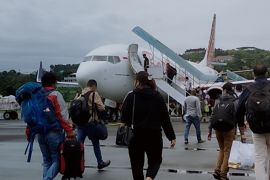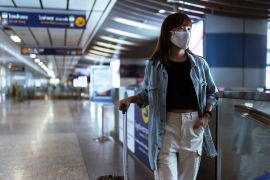"Several sectors that will grow include tourism, the transportation sector, and hotel accommodation, which are currently still contracting," Sarmuji noted in a written statement received on Wednesday.
Sarmuji later pointed to normalization in local mobility in tandem with a decline in the daily cases and Bed Occupancy Ratio (BOR) at hospitals. This indicated the people's awareness of the pandemic.
"If COVID-19 positive cases were confirmed in their surroundings, then the people will automatically choose to stay at home. However, if the number of cases decreased, people will have the courage to venture out," he added.
Sarmuji emphasized that easing of the PPKM policy should not make the public complacent. They still have to limit their outdoor activities, and a periodic evaluation of the PPKM relaxation must be conducted.
Related news: 5.5% economic growth possible in 2022: Finance minister
"Not everything has to be relaxed. What should be relaxed are activities related to the economy," he remarked.
In addition, he believes that activities at houses of worship can be relaxed while still conducting strict health protocols.
Sarmuji emphasized that the business sector must be involved in handling COVID-19 at least in their respective business spaces. Employees should be vaccinated and implement health protocols on an ongoing basis.
With the relaxation of the PPKM policy, the public should no longer raise objection about the PPKM regulation with the government. This is because, so far, complaints were received on the easing of PPKM, he remarked.
"Now, (the PPKM) has been eased, so the protests have been heard," Sarmuji added.
Related news: Indonesia's economy projected to grow at 3.7 - 4.5 pct yoy: Hartarto
Translator: M Zulfikar, Resinta S
Editor: Rahmad Nasution
Copyright © ANTARA 2021
